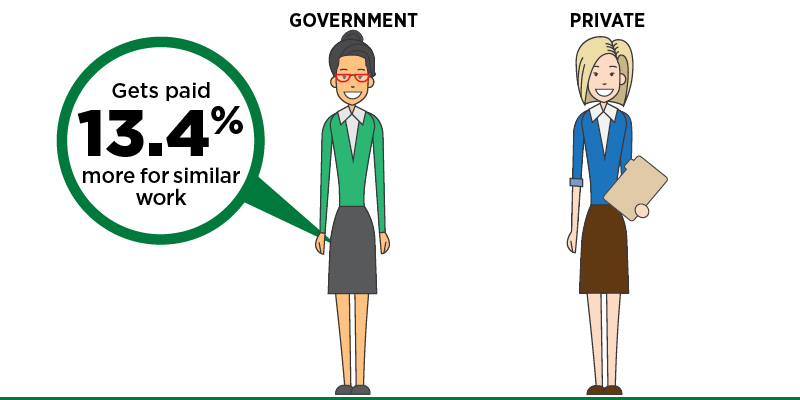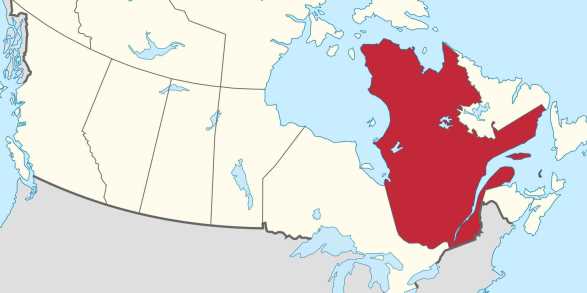government workers
Ontario’s government is spending more than it takes in each year. This year will represent the province’s eighth consecutive budget deficit.
Against a backdrop of persistent deficits and growing debt, the federal and many provincial governments are engaged in collective bargaining negotiations with their public-sector unions.
Premier Jim Prentice dropped hints for months that the 2015 provincial budget was a once-in-a-generation chance to “fix” Alberta’s finances.
Over the next two months, Metro Vancouver residents will decide whether they want to pay $250 million more in sales tax each year to help fund a $7.5 billion capital expansion plan, mainly for public transit.
As the Quebec government struggles to eliminate its deficit and rein in the largest debt burden in Canada, it has identified government-sector compensation as a way to restrain spending and balance the budget in 2015/16.


